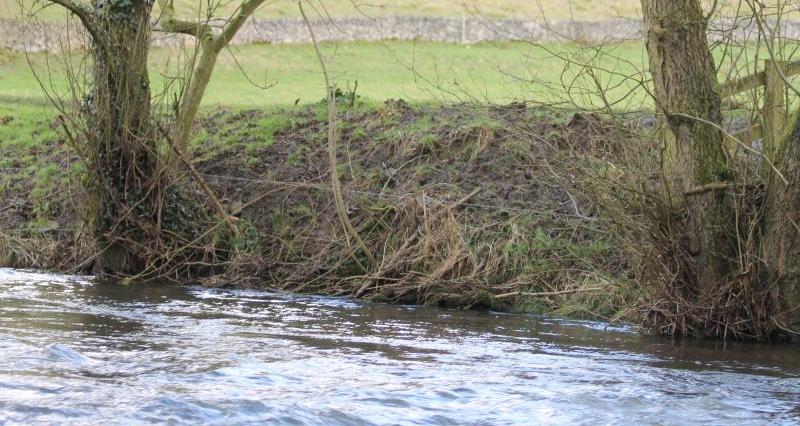Attendees also agreed that large capital projects should not be prioritised over the regular maintenance of existing waterways when government funding is allocated.
Calls for funding
NFU Deputy President Tom Bradshaw told the Stoneleigh summit that adapting to the challenge of climate change was an issue of national importance, and that farmers were on the front line of dealing with it.
With wet winters and dry summers becoming the norm, the strategic importance of water storage and distribution was being overlooked, and although they were ready and willing to provide the valuable service of storing water, farmers needed adequate funding to make it work, he added.
“We have to break out of this ‘capital funding is good, revenue funding is bad’ attitude.”
ADA Chief Executive Innes Thomson
High-quality farmland is at risk of flooding and without defences and well-maintained water channels it would be lost, he said, adding that the water courses that help farmers to provide food are currently a lower priority than environmental protection.
“We believe that drought and flooding are intrinsically linked and depending on how we manage the flood will influence how serious the drought is. In our integrated water management strategy, we challenge the government and agencies to end the silo thinking when it comes to managing this vital resource,” he added.
Russell Turner, Hydrometeorology Services Manager at the Environment Agency’s Flood Forecasting Centre – GOV.UK, outlined its role in predicting coastal, river, surface water and groundwater flooding, and showed how the EA working more closely with the Met Office and ever-improving technology were helping to create more accurate and localised forecasting.
This was followed by ADA (Association of Drainage Authorities) Chairperson Robert Caudwell and Chief Executive Innes Thomson in discussion, who agreed that underfunding of maintenance was a problem. “We have to break out of this ‘capital funding is good, revenue funding is bad’ attitude,” Mr Thomson said, adding that although capital funding had clear, obvious benefits as you could see infrastructure being built, revenue expenditure on maintenance had good cost benefits too.
Whole catchment solutions needed
This point was underlined by Caroline Douglass, Executive Director for Flood & Coastal Risk Management at the Environment Agency, who revealed that maintenance was a better investment for the EA with an 11:1 benefit: cost ratio for maintenance against a 5:1 ratio for capital investment. She also backed earlier calls for whole catchment solutions for flooding problems to be considered, as this was more effective than trying to introduce upstream and downstream measures separately.
NFU Lancashire County Chairperson Lisa Edwards discussed the impact of water drainage issues at Goose Meadow Farming Ltd, near Liverpool, and how she was attempting to control carbon release from the peatland and exploring alternative crops to mitigate the effects of repeated flooding on her business.
An inspiring vision of the future was provided by James Brown, Managing Director of Pollybell Farm, near Doncaster, who is using cutting edge sustainable organic farming practices to create a new environmentally friendly and commercially viable business model.
Building water resilience
NFU National Water Resources Specialist Kelly Hewson-Fisher and WRE (Water Resources East) Managing Director Daniel Johns discussed abstraction and building water resilience and sustainability through resources management and drought plans for agriculture and horticulture.
Mr Johns talked about WRE, an independent not-for-profit company which was looking at tackling water scarcity for farming and other interests beyond those of the water companies.
“It’s important to work with the NFU, the EA and Defra to find sources of funding so that we and other regional groups working with stakeholders can invest in the tools and methods that allow us to plan for our scarce resources, leaving more water in the environment and abstracting less,” he said.
